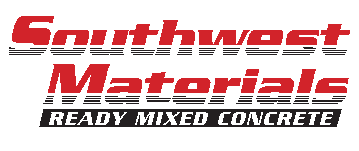Concrete is produced in four basic forms, each with unique applications and properties. Ready mixed concrete, by far the most common form, accounts for nearly three-fourths of all concrete. It’s batched at local plants for delivery in the familiar trucks with revolving drums. Precast concrete products are cast in a factory setting. These products benefit from tight quality control achievable at a production plant. Precast products range from concrete bricks and paving stones to bridge girders, structural components, and panels for cladding.
Concrete Masonry
Concrete masonry, another type of manufactured concrete, may be best known for its conventional 8 x 8 x 16-inch block. Today’s masonry units can be molded into a wealth of shapes, configurations, colors, and textures to serve an infinite spectrum of building applications and architectural needs. Cement-based materials represent products that defy the label of “concrete,” yet share many of its qualities. Conventional materials in this category include mortar, grout, and terrazzo. Soil-cement and roller-compacted concrete-“cousins” of concrete-are used for pavements and dams. Other products in this category include flowable fill and cement-treated bases. A new generation of advanced products incorporates fibers and special aggregate to create roofing tiles, shake shingles, lap siding, and countertops. And an emerging market is the use of cement to treat and stabilize waste.



Follow Us!